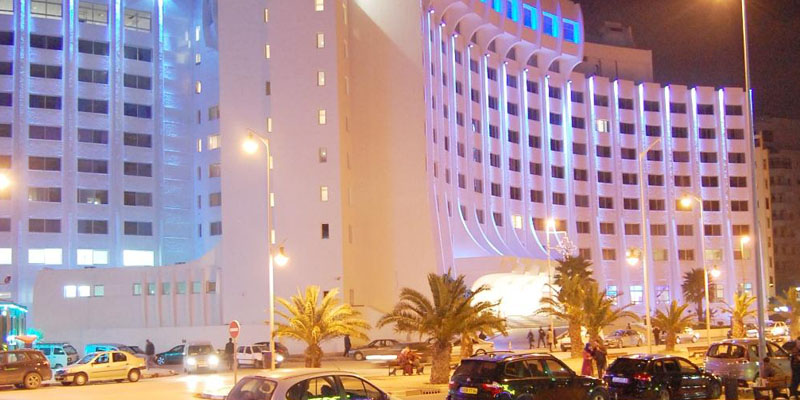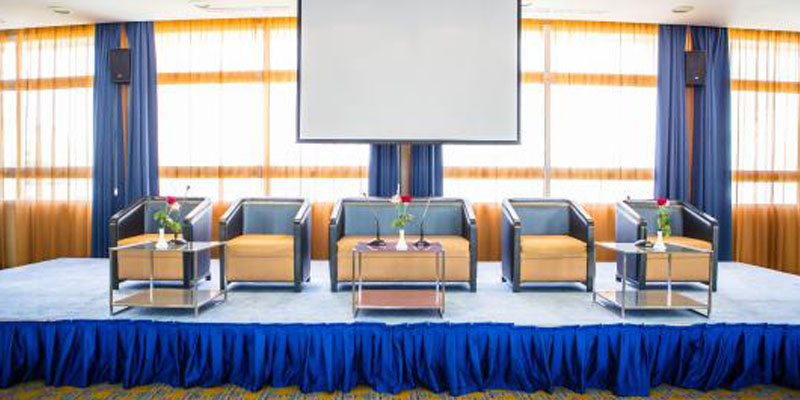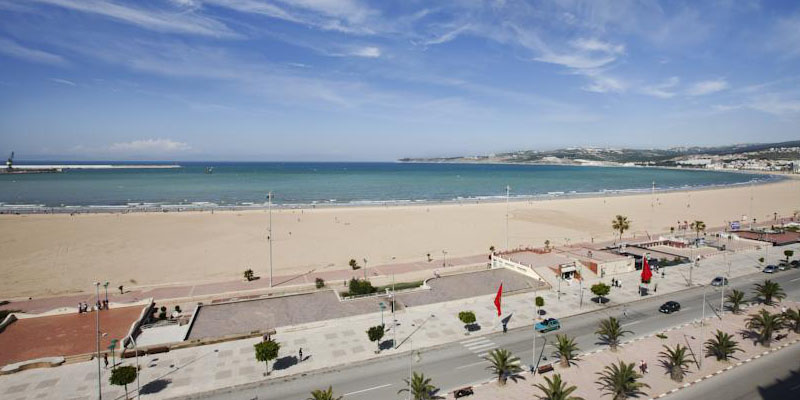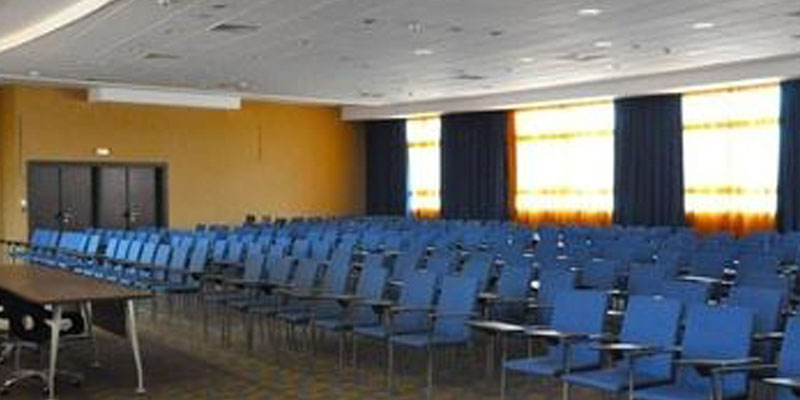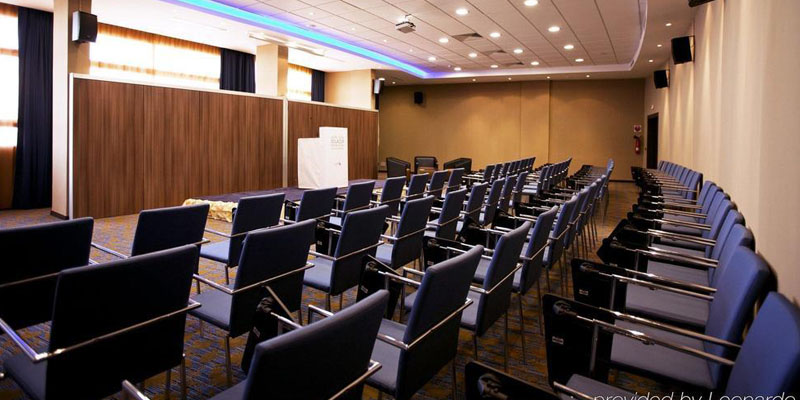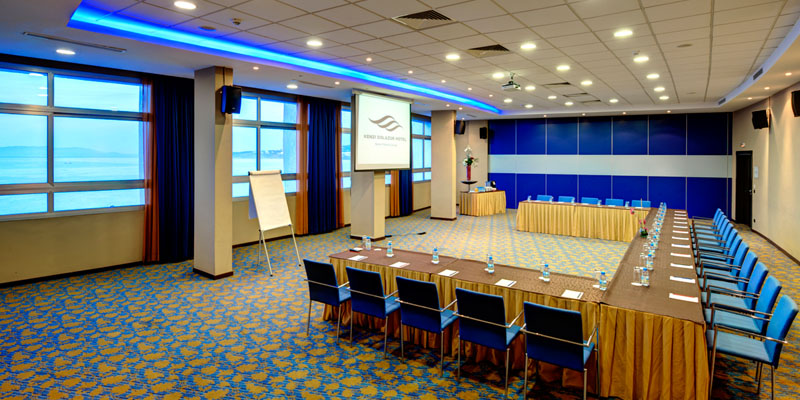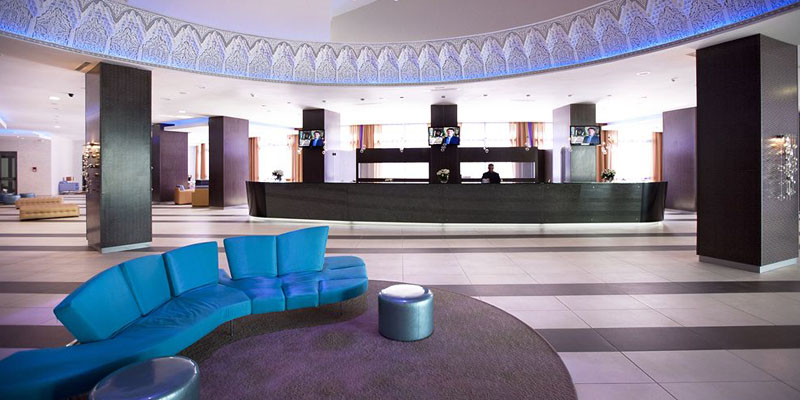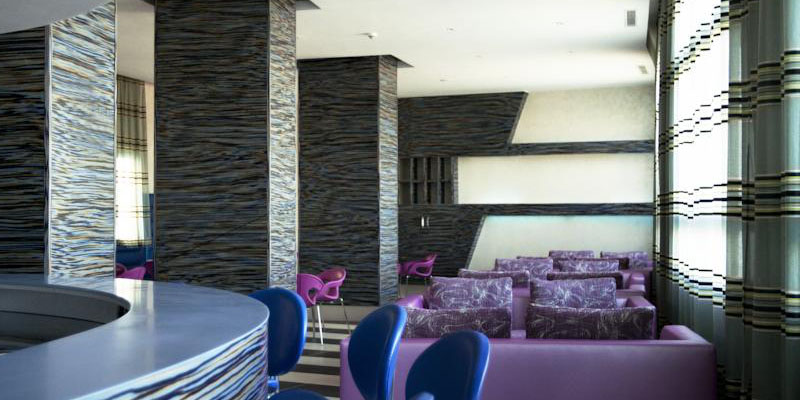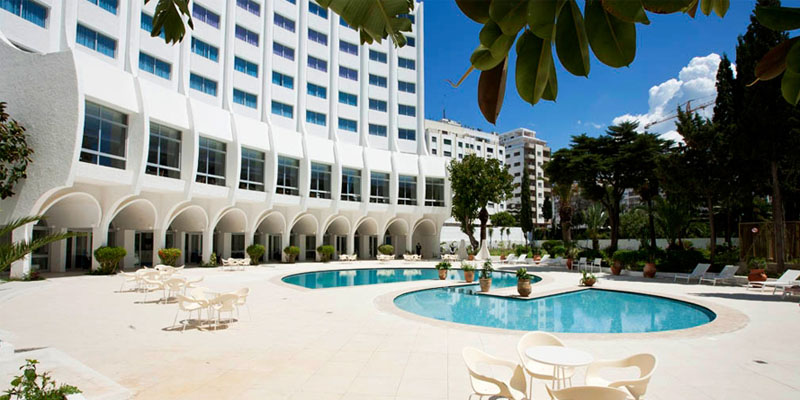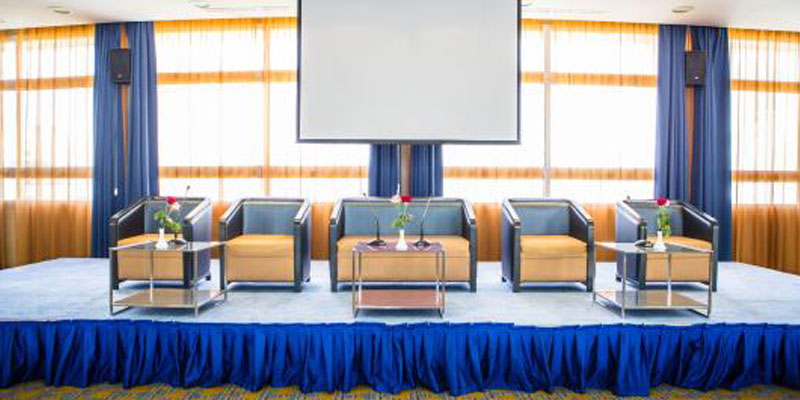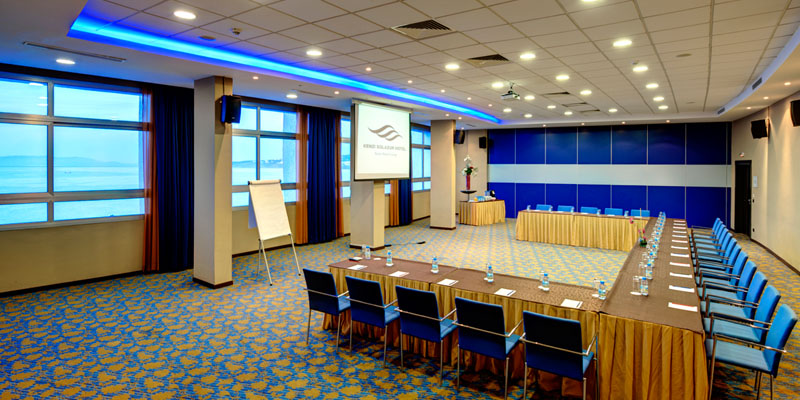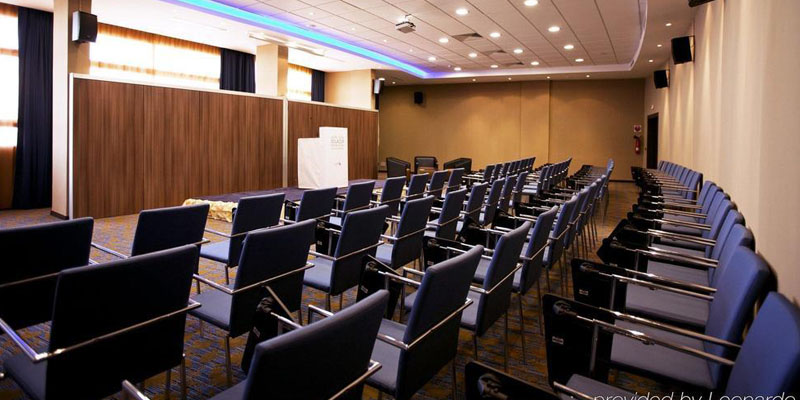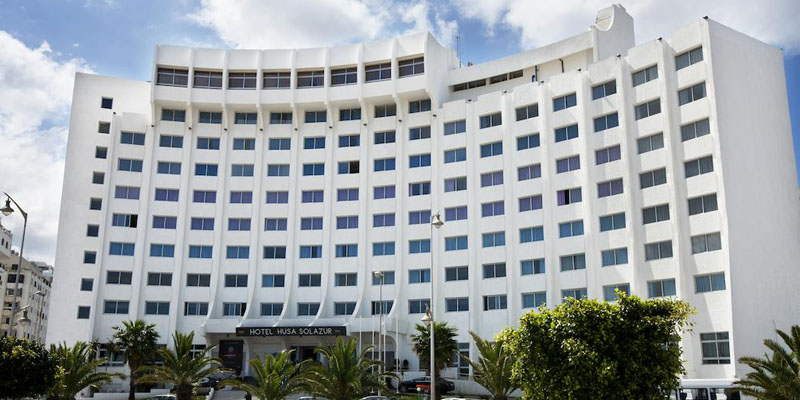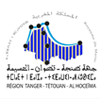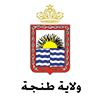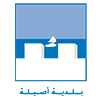Second Invited Session on Arabic Natural Language Processing:
Models, Systems, Data and Applications
After the success of the first edition, the Second Invited Session on “Arabic Natural Language Processing: Models, Systems, Data and Applications” will be held on October 24-26, 2016 within IEEE CIST’16, in Tangier-Assilah Morocco.
Language technologies and digital resources such as lexical databases, ontologies and corpora are instrumental to millions of people who use them every day without even being aware of them. Systems like Google Translate and web search engines rely more and more on levels of linguistic information automatically provided through NLP tools, and on huge repositories of structured language data. This development has deeply affected the way we think about language from a scientific perspective. Linguists have progressively turned their focus from abstract properties of language to the dynamics of its usage in communicative contexts. There is increasing awareness that language digital repositories, technologies and computational models of language processes not only shed considerable light on traditional issues in language and literary studies but may also lead to a radical reconceptualization of them. Aspects of language acquisition, lexical access, speech recognition, text translation, text analysis, ontology extraction, reading and optical character recognition can be put to a rigorous empirical test through computer simulations. Likewise, corpora, lexical databases and ontologies have helped us focus on the nature of language data from a different perspective. From this standpoint, digital data and computer technologies provide an empirical middle ground where interdisciplinary insights can be empirically assessed and integrated.
This special session is intended to explore and debate the contribution of computational language models and language data to a better understanding of linguistic, psycholinguistic, sociolinguistic, historical and literary issues of the Arabic language and culture. We particularly welcome contributions addressing fundamental aspects of Arabic NLP, communication technology, language resources and automated text analysis by looking at their implications for both state-of-the-art language technologies and Arabic language knowledge at large.
TOPICS
We solicit submission of original ideas and papers describing significant results and developments from both researchers and practitioners in a specific range of fields addressing the following topics:
- Information retrieval and extraction
- Text mining
- Named entity recognition
- Question answering
- Word sense disambiguation
- Machine Translation
- Stochastic language models
- Connectionist language models
- Language technologies for Arabic cultural heritage
- Arabic optical character recognition
- Arabic digital epigraphy
CHAIRS
- Vito Pirrelli, ILC CNR, Pisa Italy
- Arsalane Zarghili, FST USMBA, Fez Morocco
ORGANIZING COMMITTEE
- Prof Anouar BOUDHIR, FST, UAE, Tangier, Morocco
- Prof. Badreddine El Mohajir, FS, UAE, Tetuan, Morocco
- Prof. Mohammed Al Achhab, ENSA, UAE, Tetuan, Morocco
SCIENTIFIC COMMITTEE
- Abderrahim Benabbou, FST Fez, USMBA Fez Morocco
- Houda Bouamor, Carnegie Mellon University, Qatar
- Sami Boudelaa, Department of Linguistics University Al Ain, United Arab Emirates
- Karim Bouzoubaa, EMI, UM5 Rabat Morocco
- Violetta Cavalli-Sforza, Al Akhawayn University, Morocco
- Ilham Chaker, FST University of Fez, Morocco
- Mohamed El Hannach, FLSH Fez, USMBA Fez Morocco
- Yacine El Younoussi, ENSA of Tetuan, Morocco
- Mohamed Fakir, FSTBM, USMS Beni Mellal Morocco
- Nizar Habash New York University Abu Dhabi, United Arab Emirates
- Nabil Hathout, CNRS Université de Toulouse-Le Mirail, France
- Jamal Kharroubi, FST Fez, USMBA Fez Morocco
- Abdelmonaime Lachkar, ENSAF, USMBA Fez Morocco
- Abdelhak Lakhouaja, FS Oujda, UMP Oujda Morocco
- Giuliano Lancioni, University of Roma 3 Italy
- Azzedine Mazroui, University of Oujda, Morocco
- Said Ouatik El Alaloui, FSDM, USMBA Fez Morocco
- Ouafae Nahli, Institute for Computational Linguistics CNR, Pisa Italy
- Vito Pirrelli, Institute for Computational Linguistics CNR, Pisa Italy
- Azeddine Rhazi, FLSH Marrakech-UCAM Marrakech Morocco
- Horacio Rodriguez, Universitat Politecnica de Catalunya, Barcelona Spain
- Abdelhadi Soudi, ENIM, Rabat Morocco
- Youssef Tahir University Hassan 2 of Casablanca Morocco
- François Yvon, LIMSI CNRS Université de Paris-Sud, France
- Arsalane Zarghili, FST University of Fez, Morocco
- Ahmed Zinedine, FSDM, USMBA Fez Morocco
PAPERS SUBMISSIONS
Prospective authors should submit, by using the online paper submission platform, a paper of 4 to 6 maximum, including references in scholarly English and describing their original work using the IEEE template.
PUBLICATIONS
Accepted papers will be indexed in the IEEE Xplore Library, Scopus and DBLP. Furthermore, authors of high quality contributions will be invited to submit an extended version of their work for potential publication in a special issue/section of an international journal.
Accepted papers must be registered otherwise, they will not be included in the IEEE Xplore Library. At least one of the co-authors of every paper should register.
DEADLINES
Paper Submission May 15, 2016 April 30, 2016
Acceptance Notification June 30, 2016
Camera-ready Submission July 15, 2016
Author Registration July 30, 2016
CONTACT INFORMATION
For any inquiry, contact us by email at: This email address is being protected from spambots. You need JavaScript enabled to view it.
Detailed and up-to-date information about IEEE CiSt’16, Tangier-Assilah Morocco can be accessed through the colloquium’s website www.ieee.ma/cist16





































